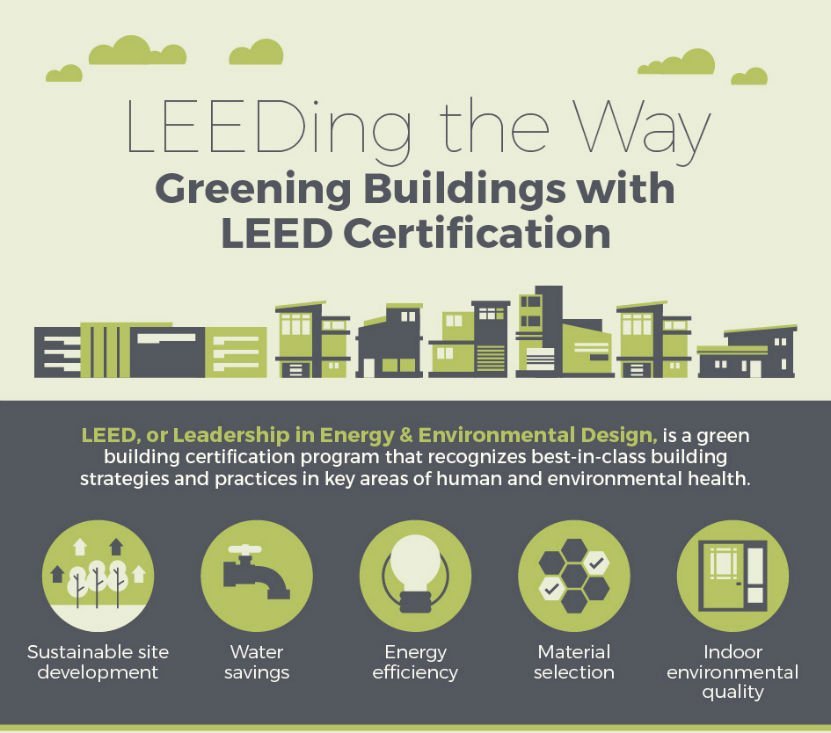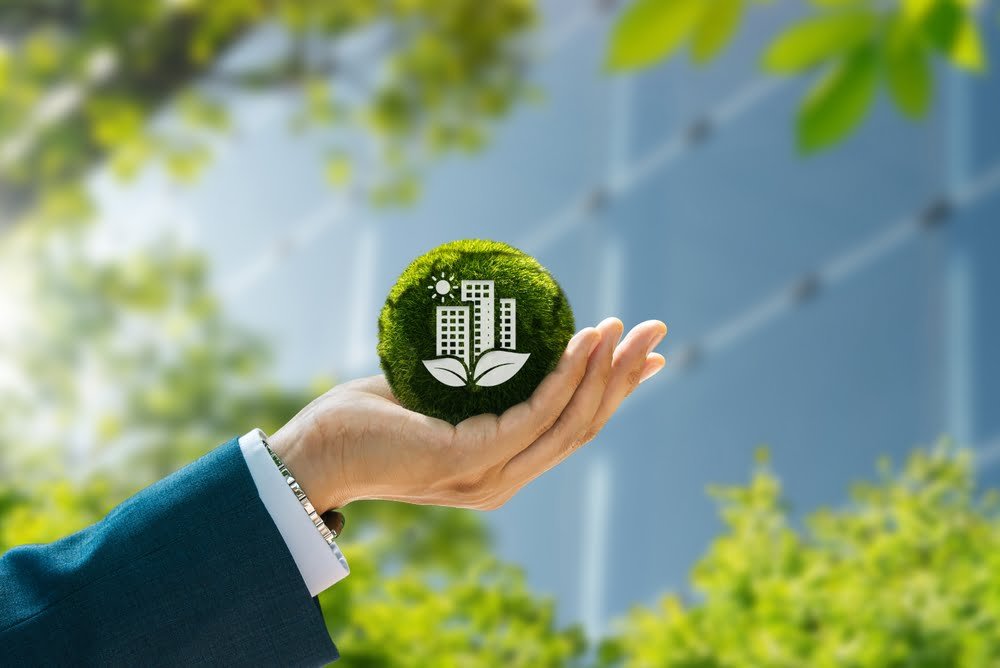As one of the most famous countries in Southeast Asia, Thailand is known for its stunning landscapes and rich cultural heritage. This country is also making strides toward sustainability in its rapidly growing construction sector. With increasing urbanization and environmental challenges, Thailand is embracing sustainable construction practices to balance development with ecological responsibility.
As the global demand for eco-friendly solutions rises, the construction sector quickly adapts to Sustainable Construction Practices Thailand. Builders are adopting eco-friendly methods, reducing energy consumption, and integrating green building certifications. Take a look at the growing trend of sustainable construction practices in Thailand and its effects on the industry below.
Green Building Certifications
One of the most significant advancements in Thailand’s construction sector is the implementation of green building certifications. The Thai Rating of Energy and Environmental Sustainability (TREES) system, developed by the Thai Green Building Institute (TGBI), sets standards for energy efficiency, water conservation, and environmental quality. This system ensures that buildings meet international standards while considering Thailand’s local context.

Alongside TREES, international certifications like LEED (Leadership in Energy and Environmental Design) and WELL Building Standard are becoming popular. LEED focuses on sustainability globally, while WELL emphasizes the health and well-being of building occupants. The rising adoption of these certifications reflects the growing awareness of sustainable construction in Thailand.
Use of Eco-Friendly Materials
Another key part of sustainable construction in Thailand is the use of eco-friendly materials. More builders are choosing materials with a lower environmental impact. For example, recycled materials, sustainably sourced timber, and low-VOC paints are gaining traction. Bamboo is also becoming popular as a renewable alternative to traditional building materials like concrete and steel.
By using locally sourced materials, the carbon footprint is reduced, and regional economies benefit. This shift toward eco-friendly materials not only supports sustainable building practices but also strengthens local communities.
Energy Efficiency in Buildings
Energy efficiency is a core part of Sustainable Construction Practices Thailand. The government’s Building Energy Code (BEC) ensures that buildings over 10,000 square meters meet energy performance standards. This promotes energy-efficient designs, such as better insulation, HVAC systems, and the use of renewable energy like solar power.
By focusing on energy efficiency, developers can reduce energy consumption, resulting in lower utility costs for building owners. This makes sustainable buildings more economically viable in the long run.
Impact on Costs and Timelines
One of the fallbacks about sustainable practices is that it can be expensive. Sustainable construction may have higher upfront costs, but the long-term benefits often outweigh them. Energy-efficient buildings reduce operational and maintenance costs and typically have higher property values. Additionally, government incentives make green building projects more financially appealing.
Sustainability also improves project timelines. The use of prefabricated materials and modular construction speeds up the building process, reduces waste, and ensures quicker project delivery.
The growing focus on sustainable construction practices is reshaping Thailand’s construction sector. Green building certifications, eco-friendly materials, and energy-efficient designs are all becoming part of the industry’s new direction. By adopting Sustainable Construction Practices Thailand, the country is paving the way for a more environmentally friendly and economically viable construction industry.

